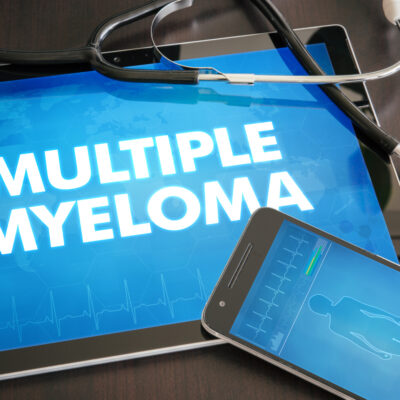
Risk Factors for IBS vs. Gastric Cancer
Diseases of the gastrointestinal tract can present themselves with a myriad of symptoms. Many may not be a major concern at all. Gas, bloating and occasional diarrhea are not cause for alarm when they occur infrequently. Irritable bowel syndrome is a disorder, many experts suspect, of function. There is often no overt disease or abnormality seen on endoscopy or colonoscopy in patients suffering from IBS (or irritable bowel syndrome).
Let’s look at some differences as far as causes, risk factors, and symptoms for IBS vs. gastric cancer:
1. Symptoms
The symptoms of IBS include gas, diarrhea, constipation or both at the same time. Patients complain of belching, feeling full quickly after eating and may or may not have relief after a bowel movement. Gastric cancer can mimic the symptoms of IBS. Irritable bowel syndrome is a very uncomfortable disease to have, but it is not serious and will not alone lead to cancer.
Gastric cancer, or stomach cancer is a serious condition of the gastrointestinal tract. It is a malignancy of the cells in the stomach or stomach lining. Its symptoms are fullness after a small meal, persistent heartburn, vomiting, unexplained weight loss and severe indigestion.
2. Causes
The causes for irritable bowel syndrome vs. gastric cancer are very different. For instance, causes may include a family history of any disorder of the digestive tract such as Crohn’s disease or ulcerative colitis. It is also more common among women, smokers and those who consume alcoholic beverages, even in relatively small amounts. IBS is more often seen in people who tend to be “warriors” than in those who take change calmly, although those patients have a difficult time controlling it. It may have been brought on by an intestinal infection and/or an emotional or traumatic event in the sufferer’s life, such as death or divorce. Clinical testing shows no abnormalities in people with IBS, which, ironically, it one way it’s definitively diagnosed. It is essentially a diagnosis of elimination of other conditions. Blood tests return normal values and colonoscopy reveals no abnormal cells.
3. Risk factors
The risk factors for the more serious condition of gastric cancer are different. A family history of gastrointestinal cancers pose a higher risk of G.I. cancer. People who have frequently consumed smoked foods, salty foods and deli meats are also at a higher risk for gastric cancer. Smokers and individuals whose diets are low in fruits and vegetables are at higher risk for gastric cancer. People who have had infections with h. pylori, a bacteria associated with stomach ulcers, have an increased risk of stomach cancers. People who may have suffered with frequent inflammatory conditions of the stomach a higher risk for stomach cancer. Finally, those who have a history of stomach polyps or pernicious anemia also have a higher risk factor for this type of malignancy. Doctors will biopsy cells to confirm cancer, if suspected.
While the symptoms, causes, and risk factors for both of these conditions can overlap, any ongoing discomfort of the intestinal tract should be mentioned to a physician. If needed, a referral to a board certified gastroenterologist may be required to determine the cause of discomfort.


